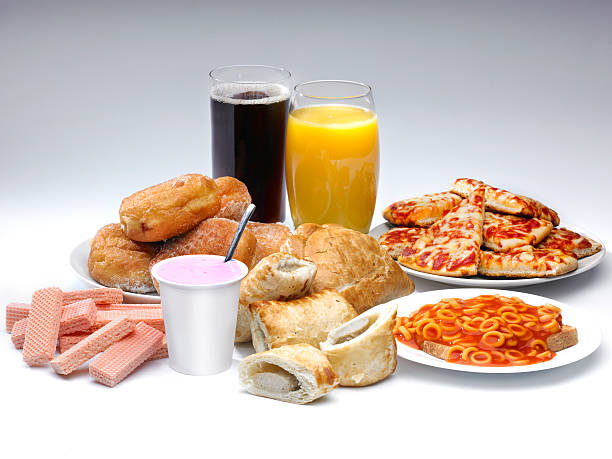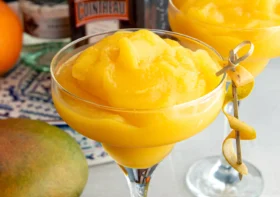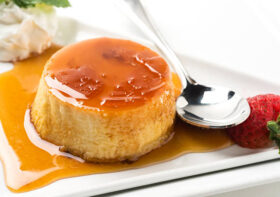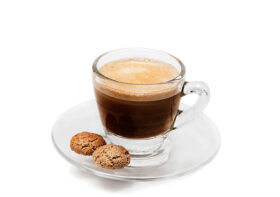What to avoid in winter for a healthy, infection-free body

Winter is here, and so are a variety of tasty foods. We must consume seasonal foods, such as vegetables, fruits, and other warm and nutritious foods in winter. What about foods that we should avoid eating? Nutritionists and experts say certain foods are better avoided during winter to improve immunity and health. Avoid these foods to keep a robust and healthy body less prone to infection.
Here Are Foods To Avoid In Winter:
Cold Temperature Foods
Do you want to drink a bottle of Coca-Cola straight from the refrigerator? Do not drink cold drinks or eat hard foods. Cold drinks and foods can weaken the body’s immune system, leaving it more susceptible to disease. A nutritionist consultant, Rupali Dotti, says cold-temperature foods are not recommended in winter because the body must work twice as hard to warm them to body temperature.
Dairy Products
Milkshakes and smoothies are cold dairy products that can cause you to become prone to wheezing or other infections. During winter, limit your intake of chilled dairy such as milk, smoothies, and shakes. In the winter, curd is also best avoided after lunch. Delnaaz T. Chanduwadia is the Chief Dietitian of Jaslok Hospital. She says that some people are sensitive to dairy products and, according to Ayurveda, can cause mucus. Dairy should be avoided by those who are prone to colds or coughs.
Meats and Processed Foods
Consuming heavy foods like meats during the winter is not recommended. The body takes longer to digest them, which can make us feel drowsy at a time of low physical activity. It can also lead to weight gain and digestive problems. In cold weather, limiting processed foods is a good idea as some may cause allergies. Sweedal Trinidade is Senior Officer Dietetics at P.D. She says that food additives can trigger allergic reactions to varying degrees. Hinduja Hospital.
Salads and Raw Food
Shilpa Arora, Macrobiotic Health Coach, and Nutritionist, says it’s best to avoid raw foods and salads after lunch in the winter. It is because cold foods will cause bloating and acidity, and digestion is most active at noon. During these hours, only eat seasonal salads, such as mooli or raw vegetables. It’s essential to consume seasonal foods. Delnaaz Chanduwadia, a dietitian, agrees that most foods grown in a particular season are intended to heal and protect from diseases prevalent in those months.
Aerated Drinks and Juices
We all know that cold beverages must be avoided during winter. Experts suggest limiting consumption of aerated beverages, fruit juices, and other sugary drinks is better. These drinks are high in sugar, which can lead to Insulin Resistance. This may reduce immunity. Avoid fruit juices and eat fresh fruit. Shilpa ND says that even fresh fruit juices should be avoided during winter.
Fatty foods with empty calories
Winter is the time when we crave ghee-laden Paranthas and Pakoras. Experts advise caution when eating these foods, as they may help your body cope with the cold. It will derange your blood parameters, which you have been carefully controlling. Spices can satisfy your taste buds temporarily but cause gastric problems in the long term,” says Sweedal Trinidad, a senior dietitian.
Sweets
Winter is a time of many celebrations often associated with sweets and desserts. Sweedal Trinidad suggests, however, that this could hamper immunity during harsh temperatures. “Let’s remember to remember our immunity while we indulge in sweets.



Leave a Reply